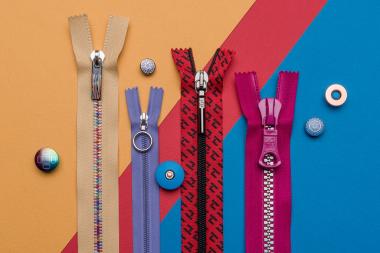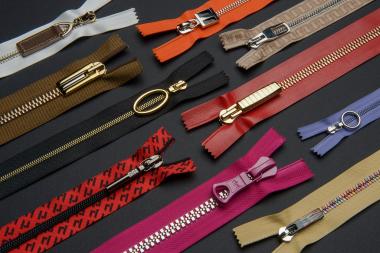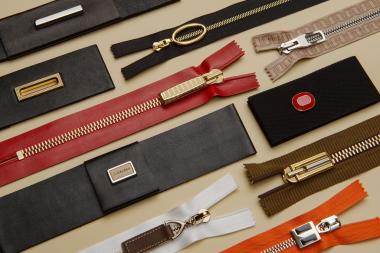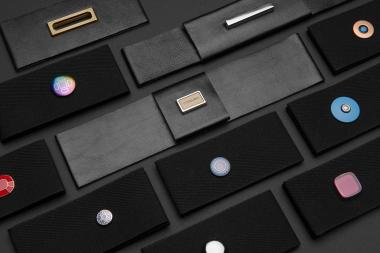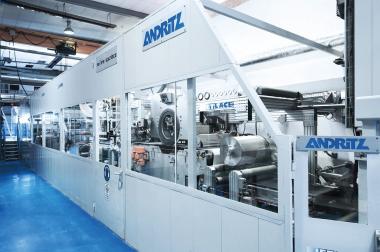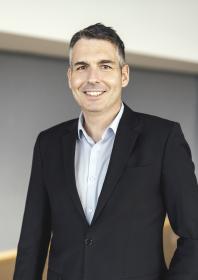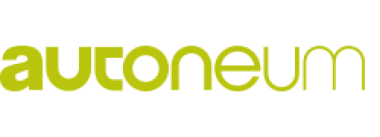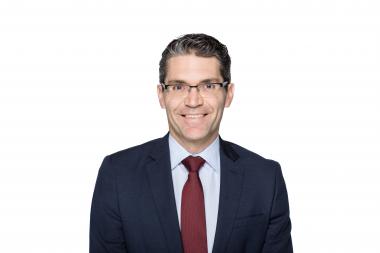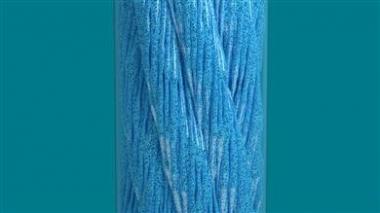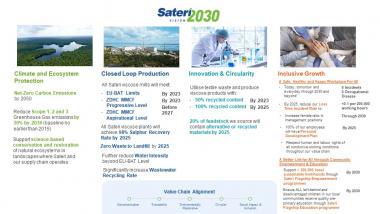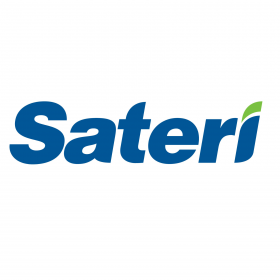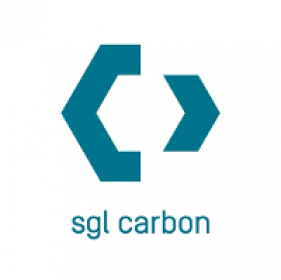Lenzing is on the path to climate-neutral production
- New air purification and sulfur recovery plant up and running at the Lenzing facility
- Another step closer to meeting sustainability and climate targets
- Self-sufficiency in raw materials further enhanced
Lenzing Group is continuing to make great strides toward achieving carbon neutrality across the Group. The successful completion and commissioning of an air purification and sulfur recovery plant at the Lenzing facility marks another milestone in the Group’s ambitious strategy. Lenzing has invested some EUR 40 mn in this project since construction began in 2019.
Using state-of-the-art technology, the plant will enable carbon emissions to be reduced by 15,000 metric tons at the Lenzing facility. This will also make the group more self-sufficient in securing vital raw materials for processing, which will bolster the site’s competitive standing in terms of sustainability.
“As a result of this investment, Lenzing has made further progress towards implementing its climate targets, while achieving much greater autonomy with regard to one of its core raw materials”, says Christian Skilich, Member of the Managing Board at Lenzing Group.
In 2019, Lenzing set the strategic target of halving its group-wide greenhouse gas emissions per ton of product by 2030. Its goal for 2050 is to achieve climate neutrality.
Lenzing AG









